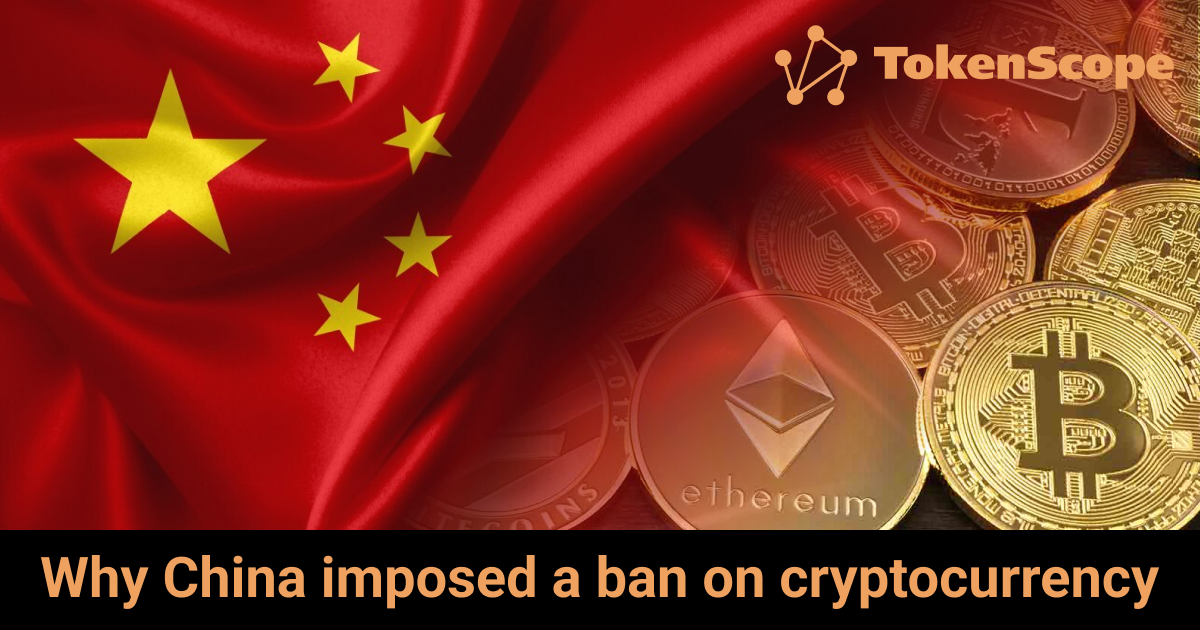Crypto regulation in the world: The consequences of the FTX collapse and further improvements in the EU crypto regulation

FTX
The bankruptcy of one of the largest cryptocurrency exchanges in the world shocked the markets and became a global signal for regulators to resolutely take up the establishment of a legal framework for the cryptocurrency industry.
The US SEC and CFTC predictably had questions for the former FTX CEO Sam Bankman-Fried and for some of his managers. Meanwhile, investigations are already underway in the Bahamas, Japan, and Cyprus. This week it’s own case was opened by The Turkish Financial Crime Investigation Board (MASAK).
It is noteworthy that the SEC in its investigation relies on definitions common for violating the laws of securities trading. We have already written that the United States still has not adopted a unified law on cryptocurrencies, and the SEC and CFTC have not decided who will regulate the industry.
Also, the question whether tokens and cryptocurrencies can be considered securities or not is still has not been put to rest. In this regard, the SEC may create a precedent to classify exchange-traded tokens as securities. Many officials in the US and other countries have already called for tighter regulation of the activities of cryptocurrency exchanges. It became obvious that cryptocurrency exchanges are not much different from traditional financial institutions, and therefore it is necessary to impose the same requirements on them.
The collapse the FTX exchange has demonstrated that crypto assets are subject to the same risks as traditional finance. At the same time, it seems that it is not necessary to adopt new laws as it is possible to extend the effect of existing ones to the crypto industry.
For example, after FTX has faced liquidity problems, many major cryptocurrency exchanges decided to reveal their reserves. Binance was the first to do that and other major players followed this suit: Huobi, Bitfinex, Gate.io, Deribit, Crypto.com and others.
However, this model of proving the solvency and financial stability of crypto exchanges has too many shortcomings. For example, exchanges may falsify assets by borrowing assets just before the release of financial statements. It is also clear to everyone that the assets themselves do not mean anything without information about the obligations of the company. Only by comparing assets, long-term and short-term liabilities one can understand the company’s wellbeing. The mere publication of information about the balance of wallets does not make it possible to understand whose money it is - borrowed or own.
Earlier in August to the US Congress the Digital Commodities Consumer Protection Act was introduced. If it passes, the bill will give the CFTC greater powers to regulate the digital asset sector. Due to the recent week’s events, the US lawmakers plan to accelerate the passage of this law to strengthen regulation of crypto industry in the US and globally.
The EU
The European Union is considering to impose ban on crypto assets with increased privacy. The EU has begun discussing a bill that would ban digital assets that allow anonymous payments such as Dash and Monero. It is also proposed to introduce an obligation for crypto assets service providers to verify the identity of customers for transactions in the amount of less than €1,000.
It is also proposed to actively implement the FATF Travel Rule. So, those crypto companies that do business with counterparties located outside the EU will have to check whether they have a license and whether their activities comply with anti-money laundering rules.
At the same time, the EU decides whether it is necessary to introduce a common tax regime for cryptocurrency in the Union. At the moment, the difficulty in classifying, valuing, and managing crypto assets creates challenges for tax authorities seeking to tax them fairly and efficiently.
Before the introduction of a single tax regime, the European Union needs to develop new requirements for crypto companies to collect information about the owners of digital assets, both individuals and legal entities, and transfer them to tax authorities throughout the EU. So far there is no such law same as EU has not yet adopted the MiCA bill on the unified regulation of cryptocurrencies, which has long been considered in the European Parliament.
News from other countries:
- Following the collapse of FTX, Singapore also intends to tighten crypto regulation. First of all, the authorities want to limit short-term transactions with digital assets. This will reduce the number of speculative and most risky transactions with cryptocurrencies.
- In Russia, legislators have begun to consider a bill on mining. If the law is going to be adopted, any operations with crypto-currencies will be prohibited in Russia and all newly mined coins will have to be sold outside the country. A very strange bill proposal.
We continue to highlight the news of the world of crypto regulation worldwide. Stay tuned for the latest news!




